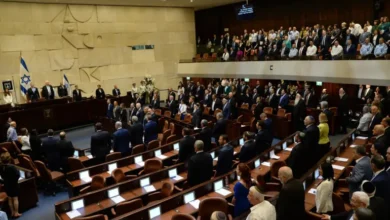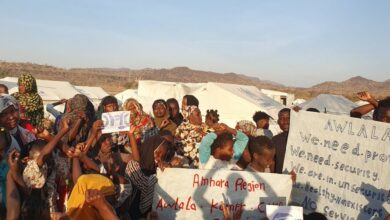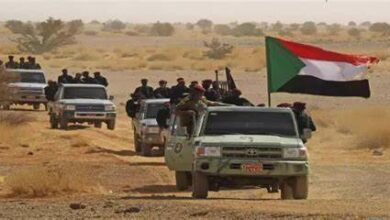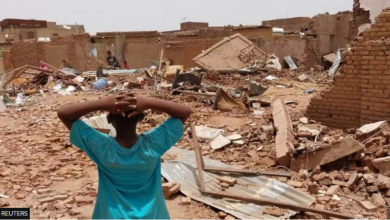The Sudanese Army and RSF reveal the reasons for the collapse of the Jeddah negotiations
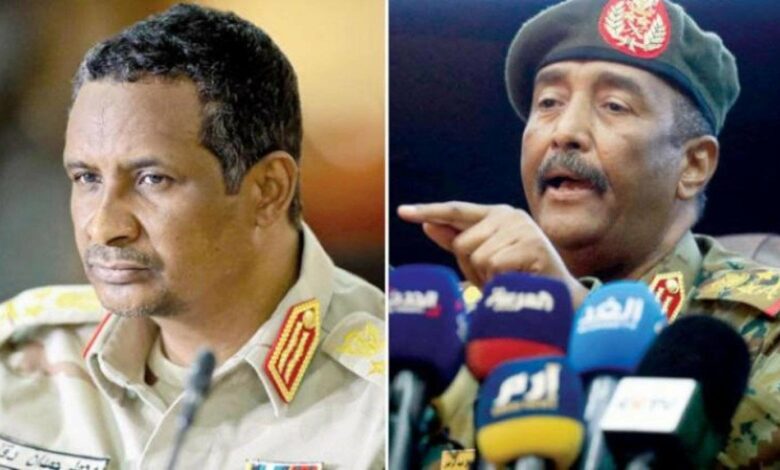
Negotiators from the Sudanese army and the Rapid Support Forces revealed the reasons for the collapse of the indirect talks between them, which lasted more than a month in the Saudi city of Jeddah, regarding the humanitarian file, implementing confidence-building steps, and ending military demonstrations in the capital.
According to special statements from sources in the Army and Rapid Support delegations to the Jeddah negotiations, on condition of anonymity, the statements reveal the opinion of each party regarding the reasons for the cessation of negotiations.
A member of the government negotiating delegation said that the reason for the faltering negotiations was the Rapid Support Forces delegation’s insistence on bartering its exit from citizens’ homes in Khartoum, by placing checkpoints on the roads and near government institutions and service sites “water and electricity” and hospitals, following their withdrawal from them after they admitted to occupying citizens’ homes. .
The member – who requested to remain anonymous – explained that the Rapid Support position is considered a retreat from the “Jeddah Declaration” signed by both parties last May, in which the other party committed to leaving citizens’ homes, civilian objects, and service sites, and there was no condition for that.
On the other hand, a member of the Rapid Support Negotiating Team held the army delegation responsible for the faltering round of negotiations, by refusing to implement confidence-building measures and achieve military gains at the negotiating table “after it was unable to do so on the battlefield,” as he described it.
A member of the negotiating team – who requested to remain anonymous – stated that their forces control the majority of Khartoum State and the army is trying to expel them after failing through military operations, indicating that their forces are the most deployed on the ground in the capital, and that changing the current reality is linked to the future of security and military arrangements.
Negotiations between the army and the Rapid Support resumed on October 27, after stopping for more than 4 months under American-Saudi auspices. They were joined by a representative of the African Union and the Intergovernmental Authority for Development in East African Countries (IGAD), and the mediators prevented the negotiating delegations from making any statement regarding the progress of the negotiations. The negotiation process, provided that the mediation informs the media about its results whenever it deems this possible.


